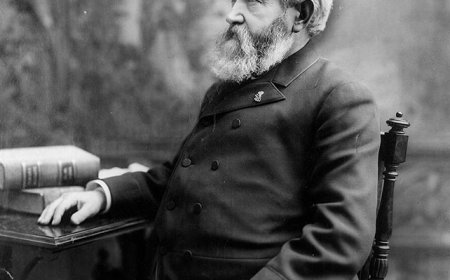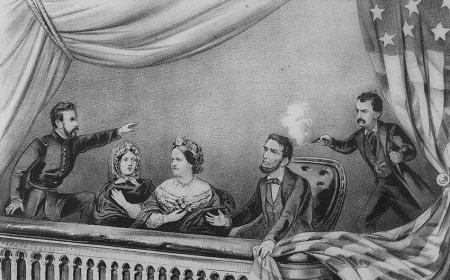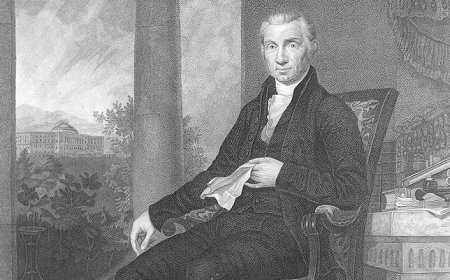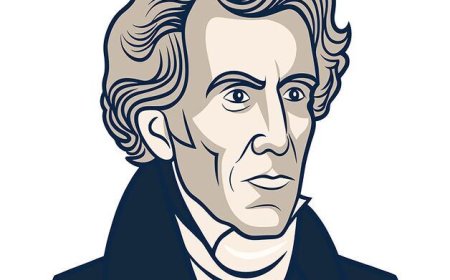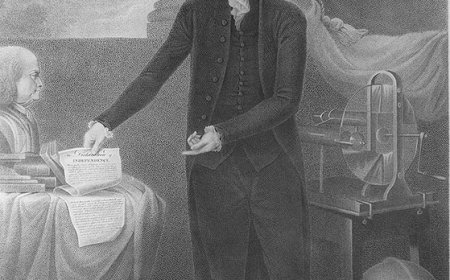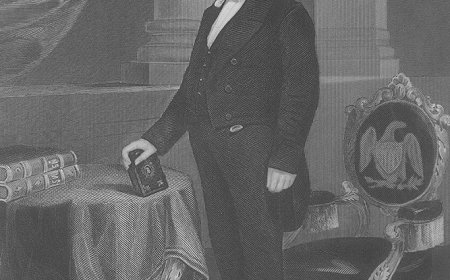Warren G. Harding Biography for Students the 29th President
Discover Warren G. Harding, the 29th President of the United States. Learn how he led the nation after World War I, promised a “return to normalcy,” and faced major scandals—plus vocabulary, fun facts, a quiz, and a kid-friendly summary.
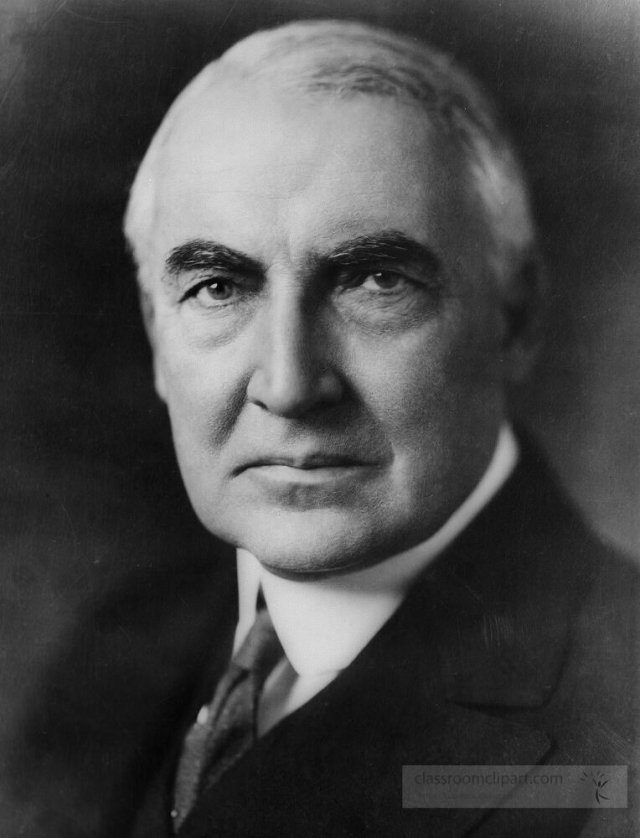
🇺🇸 Warren G. Harding Biography for Students the 29th President
🧭 Introduction
Warren G. Harding was the 29th President of the United States, serving from 1921 to 1923. He promised Americans a “return to normalcy” after the chaos of World War I and the Spanish Flu pandemic. Harding was popular when he took office, but his presidency became famous for scandals, especially the Teapot Dome Scandal, which involved illegal deals and corruption in his administration. Despite his short time in office, his term teaches important lessons about leadership, trust, and accountability.
👶 Early Life and Education
Warren Gamaliel Harding was born on November 2, 1865, in Blooming Grove, Ohio. He grew up in a large family and worked from a young age. He attended Ohio Central College, where he studied the classics and learned public speaking.
After school, Harding became a newspaper editor and owned the Marion Daily Star, a small town paper. He was known for being friendly, good-looking, and easy to talk to. His work in newspapers helped him become well-known in his community.
🏛 Political Career Before Presidency
Harding slowly rose in politics, serving as:
- Ohio State Senator
- Lieutenant Governor of Ohio
- U.S. Senator from Ohio
He was well-liked but not known for taking bold stands. He preferred compromise and teamwork. In 1920, the Republican Party chose him as their presidential nominee, partly because he was a “safe” candidate who could appeal to many voters.
🇺🇸 Presidency Overview (1921–1923)
Harding was elected in a landslide victory, defeating Democrat James M. Cox. His running mate, Calvin Coolidge, would later become president.
Harding’s campaign promised a “return to normalcy”, which meant:
- Life would go back to the way it was before World War I
- There would be less government interference in business
- The country would focus on peace, growth, and healing
His presidency focused on helping the economy recover and staying out of world problems.
💼 Domestic Policies and Economy
Harding believed in pro-business policies and lowering taxes. His administration:
- Cut taxes for individuals and businesses
- Raised tariffs to protect American-made goods
- Created the Bureau of the Budget to organize government spending
- Supported programs for veterans, like hospitals and pensions
He supported limited government and trusted business leaders to help the economy grow.
🌍 Foreign Policy and Peace Efforts
After World War I, many Americans wanted peace and isolation (staying out of foreign affairs). Harding agreed.
He helped lead:
- The Washington Naval Conference: World leaders agreed to reduce the size of their navies
- Support for disarmament and avoiding future wars
- A focus on America First ideas and not joining the League of Nations
Harding believed the U.S. should avoid getting too involved in foreign problems unless absolutely necessary.
⚠️ Scandals and the Teapot Dome Affair
Harding’s presidency was damaged by major scandals. While he personally was not involved in illegal activities, he chose some dishonest people for important jobs.
The most famous scandal was the Teapot Dome Scandal:
- Government officials secretly leased oil-rich lands in Teapot Dome, Wyoming
- They accepted bribes from private companies
- It became one of the biggest political scandals in U.S. history
Other officials in Harding’s administration were caught stealing money, breaking laws, and abusing power.
🩺 Harding’s Death and Aftermath
In 1923, while visiting the western U.S. on a tour called the “Voyage of Understanding,” Harding suddenly died of a heart attack on August 2, 1923, in San Francisco, California.
After his death, more scandals came to light. People were shocked and disappointed. Vice President Calvin Coolidge became the next president.
Harding’s image went from popular leader to someone remembered for poor judgment in choosing advisors.
🧾 Legacy and Historical Impact
Warren G. Harding’s legacy is mixed. He is remembered for:
- Promoting peace after World War I
- Supporting economic recovery and business
- Appointing the first Black federal judge, William H. Lewis
- Having one of the most scandal-filled administrations in U.S. history
He was personally kind and well-meaning, but historians often rank him among the least effective presidents due to corruption in his administration.
👨👩👧 Personal Life and Family
Harding married Florence Kling DeWolfe, who was strong-willed and helped manage his newspaper. She was also the first First Lady to vote in a presidential election (after the 19th Amendment gave women the right to vote).
Harding enjoyed poker, golf, music, and relaxing with friends. He once bet a set of White House china in a poker game and lost!
💬 Famous Quotes
“America’s present need is not heroics but healing.”
—Harding believed the country needed calm and recovery after war.
“I have no trouble with my enemies. I can take care of my enemies all right. But my damn friends—they’re the ones that keep me walking the floor nights.”
—A sad reflection on the scandals that hurt his presidency.
💡 Interesting Facts About Warren G. Harding
- He was the first sitting U.S. senator elected president.
- His voice was very popular—he looked and sounded “presidential.”
- The word “normalcy” became famous because of his campaign slogan.
- He loved poker and once lost White House items in a game.
- His death led to one of the largest presidential funerals of the time.
📚 Vocabulary Words
| Word | Definition |
|---|---|
| Normalcy | A return to regular, peaceful life after a difficult time |
| Scandal | A shocking or dishonest event involving public officials |
| Teapot Dome | The name of a major oil-related corruption scandal |
| Isolationism | A policy of staying out of world conflicts |
| Bribe | Money or gifts given to influence someone unfairly |
👧 Kid-Friendly Summary
Warren G. Harding was the 29th president of the United States. He wanted the country to get back to normal after World War I. He helped businesses grow and stayed out of world problems. People liked him at first, but after he died, scandals were discovered involving some of his friends in government. Even though he was not dishonest himself, these scandals hurt his reputation. He is remembered as a president who tried to do good but made bad choices about the people he trusted.
✅ Interactive Quiz
Q1: What number president was Warren G. Harding?
A. 27th
B. 28th
C. 29th
D. 30th
Q2: What was Harding’s campaign slogan?
A. Yes We Can
B. Return to Normalcy
C. New Deal
D. Change We Need
Q3: What was the Teapot Dome Scandal about?
A. Land for farming
B. Oil and bribery
C. Battleships
D. Railroad workers
Q4: What happened to Harding in 1923?
A. He resigned
B. He was assassinated
C. He died of a heart attack
D. He moved to Europe
Q5: Who became president after Harding died?
A. Theodore Roosevelt
B. Calvin Coolidge
C. Franklin Roosevelt
D. Herbert Hoover
Scoring:
5/5 = ⭐ Harding History Pro
3–4 = 👍 Good Work
1–2 = 📘 Try Again!




















































